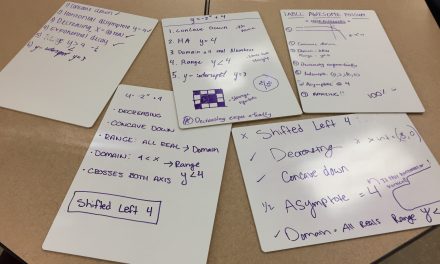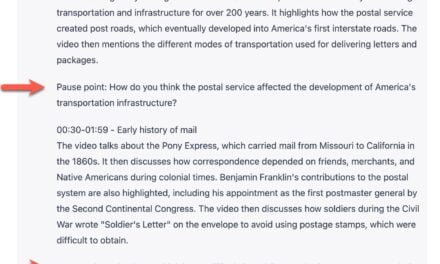“Dr. Tae is a skateboarder, videographer, scientist, and teacher. Contrasting his observations of his own learning while skateboarding with the reality that is the current education system, Dr. Tae provides some insight as to how we might better educate in the future.” (from the YouTube description of this great TEDxEastsidePrep video called Can Skateboarding Save Our Schools?)
This week I told my Calculus students that “division by zero” no longer means the problem can’t be done. It just means “try another way.” This is an incredibly hard lesson to learn. Many learners are too quick to just give up when they encounter something that doesn’t work.
“Nobody knows ahead of time how long it takes anyone to learn anything.” – Dr. Tae
I agree. And yet, here we have the so-called modern education system, where 1 credit hour equals 15 weeks of one hour in class time and 2 hours of out-of-class time. We predict, several times a year, that it will take 3 credits or 4 credits for every student to learn the topics that are covered in a course. On top of that, we are starting to be held accountable if students aren’t successful enough. If we don’t know ahead of time how long it takes any student to learn a body of knowledge, then why do we keep pretending we do?
Some time last year, I wrote down this quote in my Moleskein notebook, and I’ve been running back across it ever since:
“Grades are simply a measure of the speed at which a student learns.” – Unknown source
If a learner manages to become competent at an average level during the period of learning (semester or quarter), they get a C. If they manage to become expert, then they get an A. I think there’s an argument to be made that learning math should be more about mastery, like skateboarding. Either you “land the trick” (problem, concept, proof) or you don’t. Any assigned grade in between just leads to problems down the road. For example, “average” understanding of algebra and trigonometry leads to a pretty poor understanding of Calculus.
Another point from the video, “Learning is not fun.” I would revise that slightly. The process of learning is not fun. The process of learning is work. The moment when you finally master a technique or synthesize an idea is fun, and it continues to be fun up until the point where it just becomes boring.
[Thanks to David Wiggins for pointing me to this great video.]





